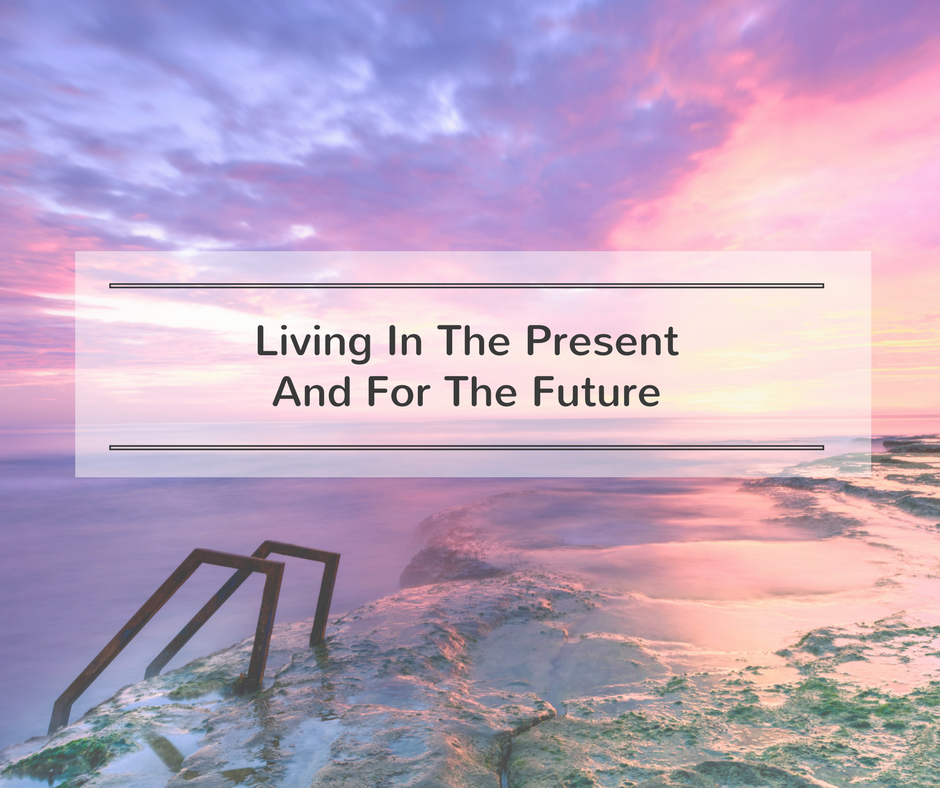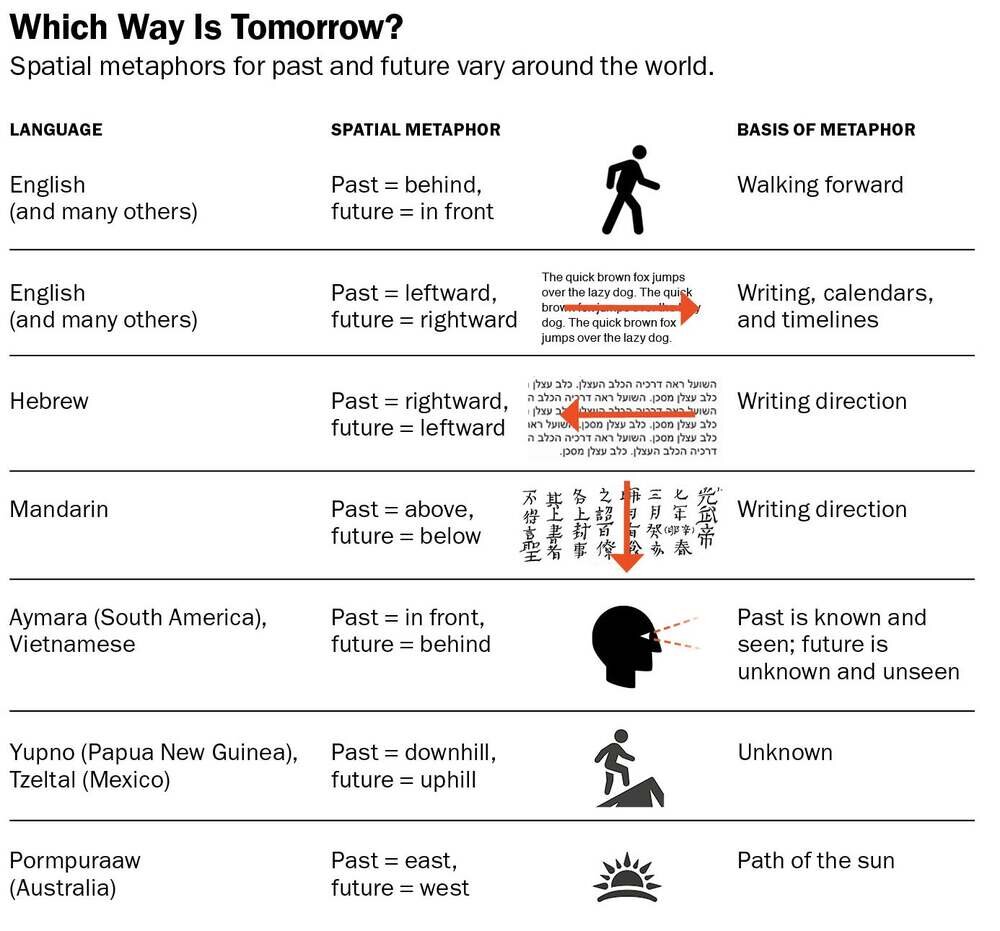David Baxter PhD
Late Founder
Past, present or future?
Health Psych
Monday, April 13, 2009
Anxiety often comes from the future, of not knowing what is to come. When that's the case, it's often helpful to bring ourselves back to the present. After all, we often have limited control over the future, we certainly can't change the past, and so the present is all we can deal with.
However, a certain degree of forward thinking and preparation can be useful. For some of us, me included, worrying about the future, working through a number of possible future scenarios can enable us to feel prepared and better able to cope. Of course, it's all about degree. When the 'what if' scenarios build upon each other to the extent that we end up anticipating things that really have next-to-zero chance of happening, it becomes a problem.
So, it's interesting to read about new work by Philip Zimbardo. In his new book, Time Paradox: The New Psychology of Time That Will Change Your Life, he argues that decision-making is largely orientated by our orientation towards the past, present or future, although most of us use a blend of past, present or future thinking.
In particular, he relates our orientation to health, with future thinkers likely to be healthier and live longer. A view supported by a recent study published in the British Journal of Health Psychology (see reference below) that shows people who are future thinkers adopt better health behaviours (less drug use, safe sex practices, smoke less and have healthier BMIs).
More information
Adams, J., Nettle, D. (2009). Time perspective, personality and smoking, body mass, and physical activity: An empirical study. British Journal of Health Psychology, 14, 83-105.
Health Psych
Monday, April 13, 2009
Anxiety often comes from the future, of not knowing what is to come. When that's the case, it's often helpful to bring ourselves back to the present. After all, we often have limited control over the future, we certainly can't change the past, and so the present is all we can deal with.
However, a certain degree of forward thinking and preparation can be useful. For some of us, me included, worrying about the future, working through a number of possible future scenarios can enable us to feel prepared and better able to cope. Of course, it's all about degree. When the 'what if' scenarios build upon each other to the extent that we end up anticipating things that really have next-to-zero chance of happening, it becomes a problem.
So, it's interesting to read about new work by Philip Zimbardo. In his new book, Time Paradox: The New Psychology of Time That Will Change Your Life, he argues that decision-making is largely orientated by our orientation towards the past, present or future, although most of us use a blend of past, present or future thinking.
In particular, he relates our orientation to health, with future thinkers likely to be healthier and live longer. A view supported by a recent study published in the British Journal of Health Psychology (see reference below) that shows people who are future thinkers adopt better health behaviours (less drug use, safe sex practices, smoke less and have healthier BMIs).
More information
- Read more about Zimbardo's work here.
- If you're interested in finding out your orientation, take the Time Perspective Inventory (Zimbardo).
Adams, J., Nettle, D. (2009). Time perspective, personality and smoking, body mass, and physical activity: An empirical study. British Journal of Health Psychology, 14, 83-105.




